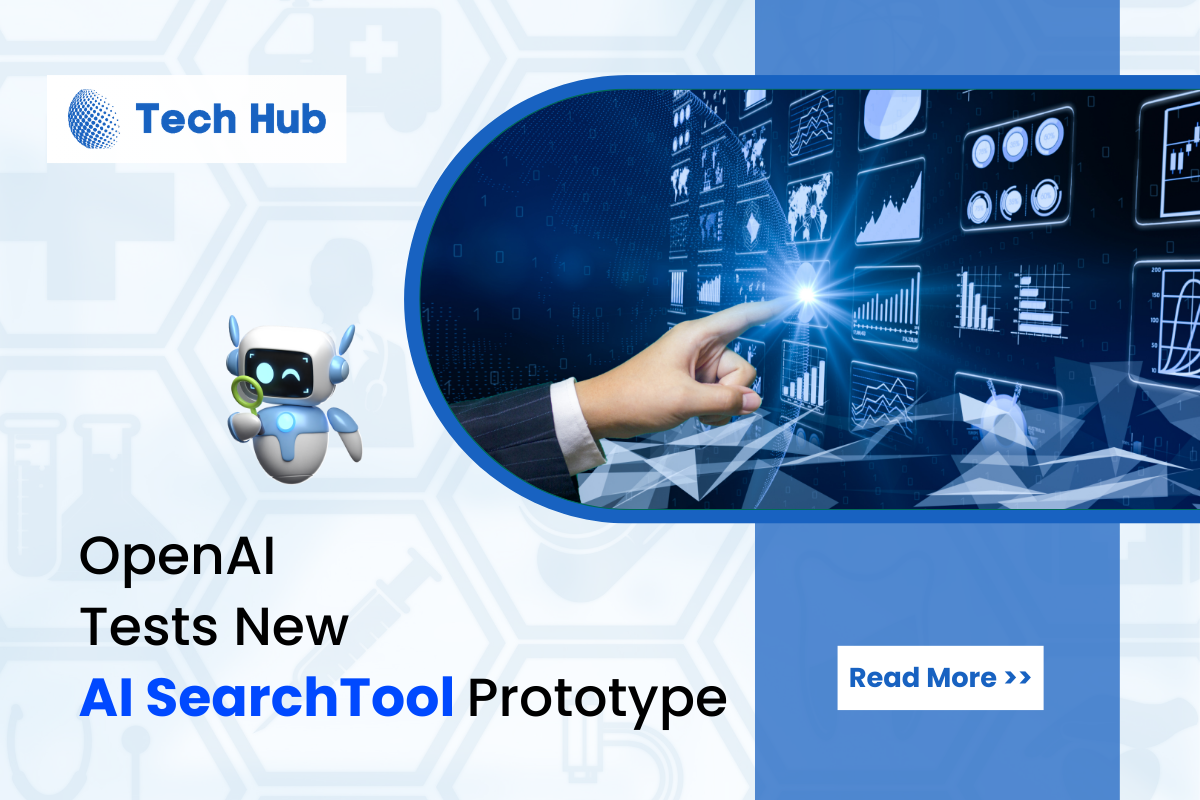
OpenAI has officially begun testing its latest innovation, SearchGPT, a cutting-edge AI search tool designed to reshape how we access information online. The prototype announced on Thursday represents a significant step forward in the evolution of search technology, promising a more conversational and reliable search experience.
Why It Matters
The landscape of search engines is shifting. With the rise of ChatGPT-style conversational interfaces, traditional search engines are being challenged as the go-to method for information retrieval. Current AI chatbots, while impressive, often struggle with maintaining up-to-date information and providing accurate, well-sourced answers. OpenAI’s new tool aims to address these challenges ahead.
The Big Picture
Google and Microsoft are taking the lead in the ongoing battle in search technology by incorporating generative AI into their search engines. Microsoft recently announced an updated version of Bing’s “generative search experience,” which provides dynamic responses based on user queries. However, OpenAI’s SearchGPT promises to improve the experience by providing more reliable information and direct source links.
How SearchGPT Works
SearchGPT offers quick, accurate answers with a conversational twist. Users can ask follow-up questions, creating a dialogue that builds context with each query. This feature aims to make interactions more natural and intuitive.
The tool is available via a waitlist and operates separately from other OpenAI services like ChatGPT. OpenAI is planning to integrate the best features of SearchGPT into ChatGPT.
Partnerships and Content Integration
OpenAI is also forming partnerships with publishers to ensure that SearchGPT includes significant references and links to their content. This collaboration seeks to improve the credibility and transparency of the information provided while avoiding the use of published material to train AI models.
Zooming Out
The shift to AI-powered search interfaces reflects a growing preference for direct answers rather than sifting through search results. While this approach provides a cleaner, ad-free experience, it remains to be seen how well AI handles complex topics and complicated queries when compared to traditional search methods.
Looking Ahead
With Google’s recent struggles in rolling out AI-driven search summaries, all eyes are on OpenAI to see if SearchGPT can deliver more reliable and useful answers. As the industry evolves, the success of these new tools will shape the future of how we interact with digital information.
For more updates on cutting-edge technology and AI innovations, follow TechHub.
